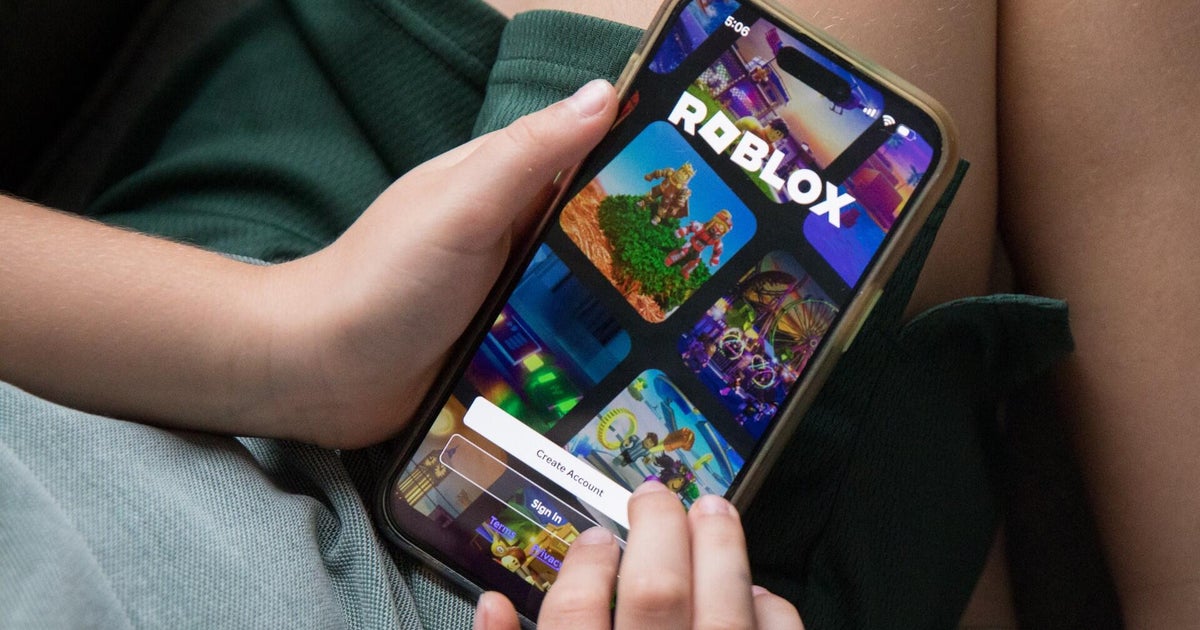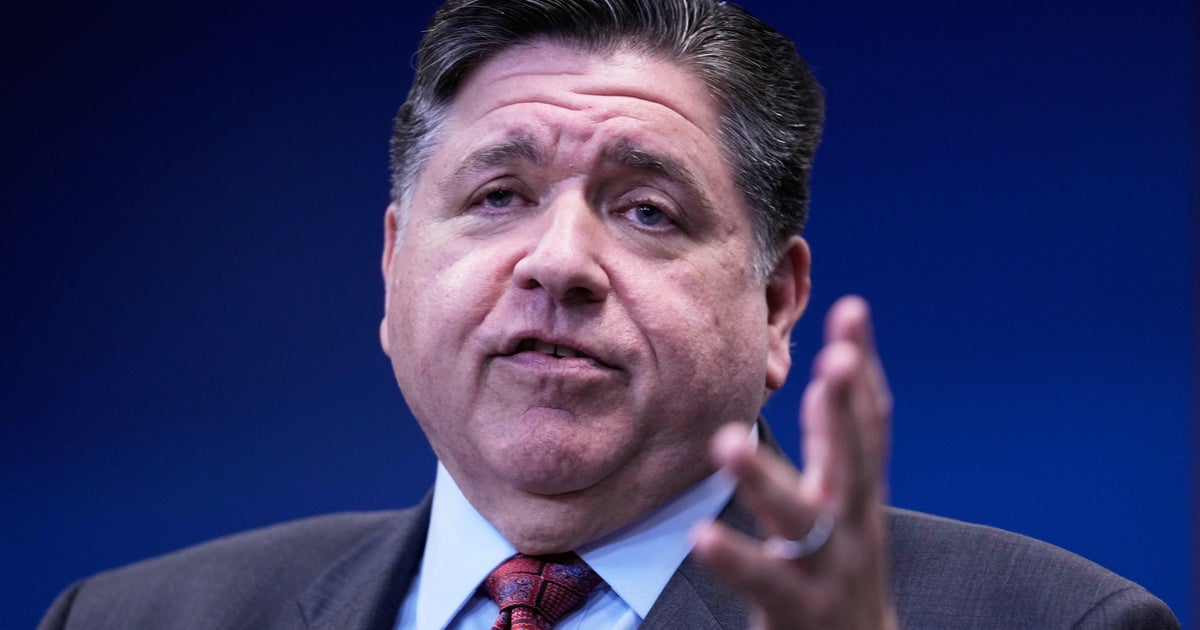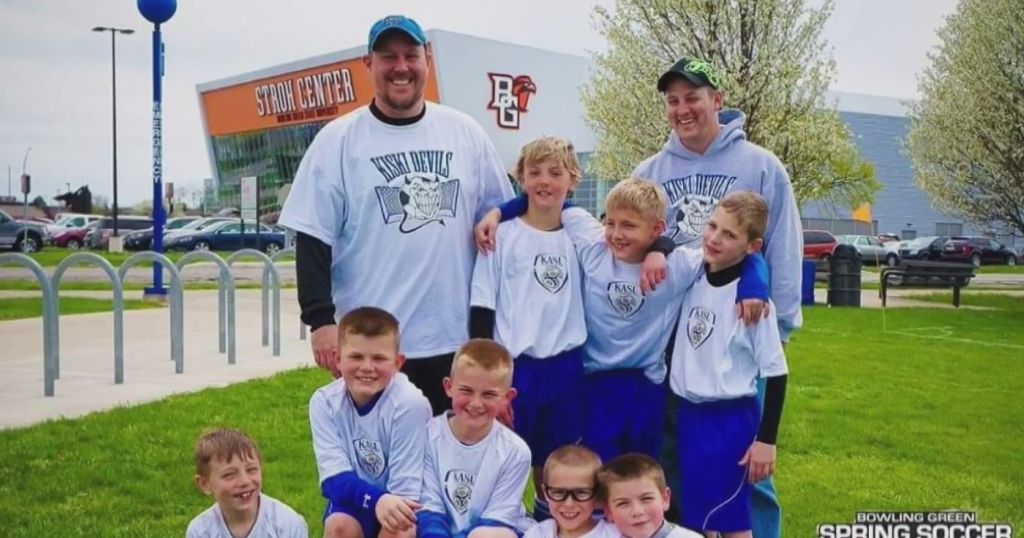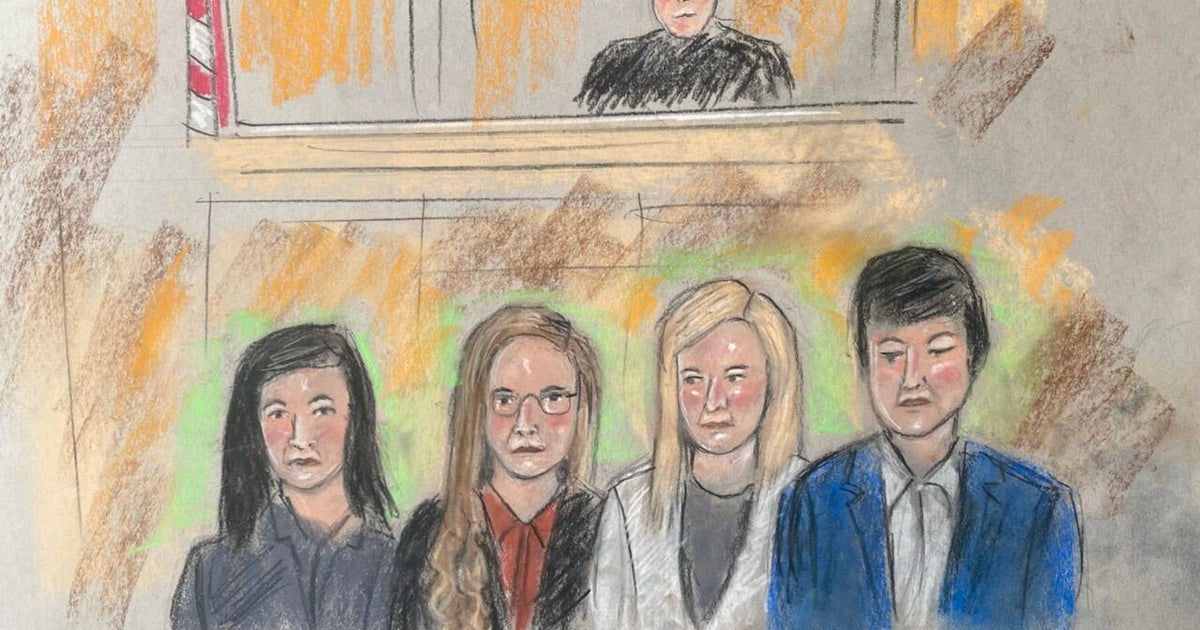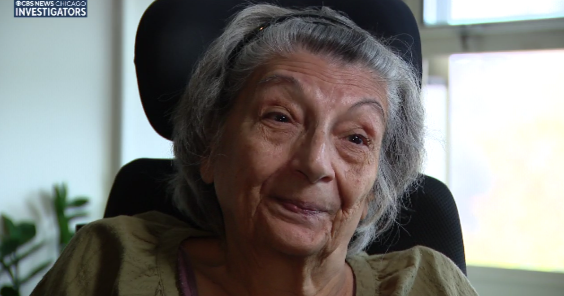Social Media Changing The Way Juries Are Picked
BOSTON (CBS) -- The search for the truth has been revolutionized in the courtroom with the advent of social media.
If you Google someone, or check their Facebook page, even without friending them, you can find details of their lives.
Now using online searches to research profiles of jurors or potential witnesses has become a relatively common practice among internet-savvy attorneys. "It's revolutionized our investigative powers," said Boston attorney Andrew Meyer, who specializes in medical malpractice cases.
The Blackberry is invaluable, especially for picking jurors.
Sites like Facebook and Google easily provide a sometimes-too-public profile.
Juror names can be e-mailed back to associates right from the courtroom for an instant online search to weed out biases. "Who they are and the way in which they live may show they wouldn't necessarily be open-minded to listening to the facts of a case," said Meyer.
Most juror information in Massachusetts comes from a confidential questionnaire that provides only basic information to attorneys, like education and profession.
Judge Robert Rufo, who heads the Jury Management Advisory Committee, is keen to lawyers trying to profile jurors in the courtroom, as long as there's no chilling effect on people exposed just doing their civic duty. "If jurors had some hesitancy, or their ability to come in for jury service was affected because they fear an inquisition is being done on them, that would trouble me," he said.
Currently there is no case law that determines how attorneys can use social media in the course of jury selection, much is left to the judge's discretion. "The last thing we want to do is have extraneous influences affect the outcome of the case," said Judge Rufo.
Boston attorney Steve Weymouth says he saw the outcome affected in a recent civil case. His client was involved in what he describes as a minor fender bender, and could have been held liable when the other female driver claimed costly back injuries.
But her Facebook page apparently had her partying in Las Vegas soon after, and it may cost her instead. "The Facebook page changed to being in an auto accident and suffering serious back injuries, and now the insurance company is refusing to settle with her," said Weymouth.
What lawyers can't do is friend a juror, that would be prohibited direct contact. But Facebook is fair game, and it could be used against you in a court of law.
The only challenge to profiling jurors and witnesses using social media, was last year in New Jersey. A trial court judge told an attorney to stop Googling potential jurors, but a state appellate court later determined the lawyer had done nothing wrong and gave a thumbs-up to online research in the courtroom.
